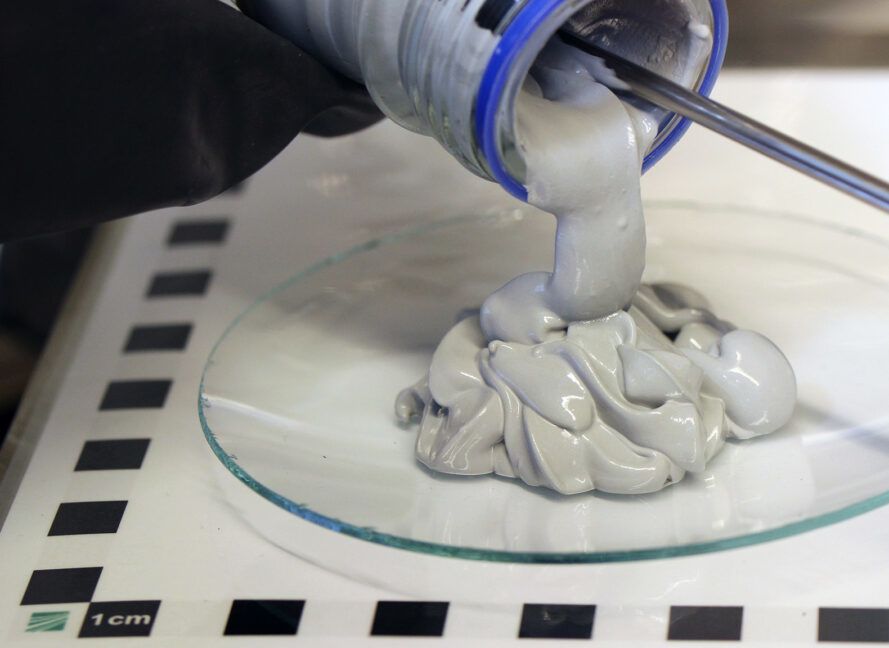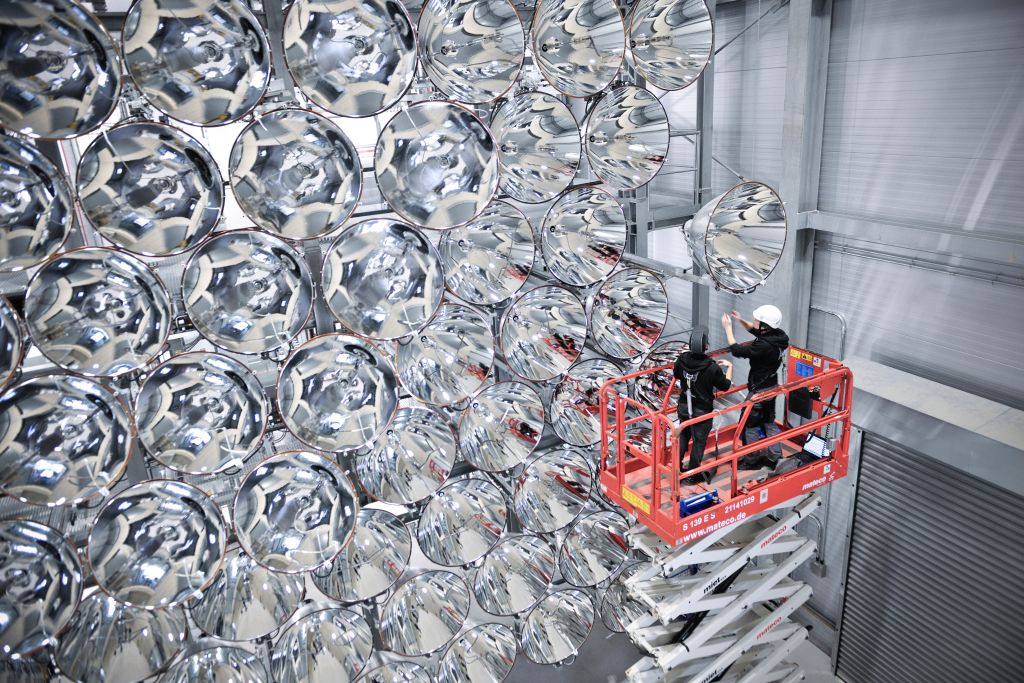
There’s growing optimism that huge amounts of natural hydrogen are stored deep underground. Now, researchers have identified the key geological features that could help us hunt for the clean-burning fuel.

The team showed that the device could run efficiently for 12 consecutive days and produced hydrogen with 99 percent purity.

A team of researchers have produced a novel molecule that could be used to allow hydrogen to be made from solar energy on demand—even when the Sun is not out.

German researchers have created POWERPASTE, a hydrogen fuel paste that could one day be used to fuel vehicles. The product is created from a magnesium base and would be stored in vehicles in the form of a cartridge.

A pilot project at Keele University is pumping out a mix of 80 percent natural gas and 20 percent hydrogen made by electrolysis in a shipping container sized unit.

Bioscience experts in Belgium have developed a new solar panel capable of producing hydrogen from moisture in the air. Scientists claim to produce significant quantities of hydrogen gas - up to 250 litres per day.

Commuters in Germany now have a chance to ride the world's first hydrogen train as the country moves to replace old diesel-powered engines. Instead of exhaust fumes, hydrogen trains produce only water.

A research team, led by Sandia National Laboratories, has discovered a way to power research ships with zero-emission hydrogen. The hydrogen-powered engine could effectively replace commonly used diesel.

Researchers now describe the development of an inexpensive, efficient catalyst material for a type of fuel cell which turns the chemical energy of hydrogen into electricity.

The forthcoming Tri-Gen facility is being called "the world's first megawatt-scale 100% renewable power and hydrogen generation station."

The technology could lead to cheaper hydrogen cars in the future.

With water being its only emission, this groundbreaking new transit system in China emits no pollutants and creates its own power.

The Energy Observer, a catamaran powered by solar, wind, and hydrogen, will sail around the world for six years.

Dubbed the “artificial Sun”, the Synlight uses concentrated light to power Thermochemical Water Splitting (TWS.) The Synlight project will mimic the effect of intense, continuous solar energy, something that is not readily available in Germany.

A company has run the first successful test of the world’s only hydrogen fuel cell passenger train. The zero-emission silent train is powered by a single hydrogen fuel cell, producing electrical power for the traction.